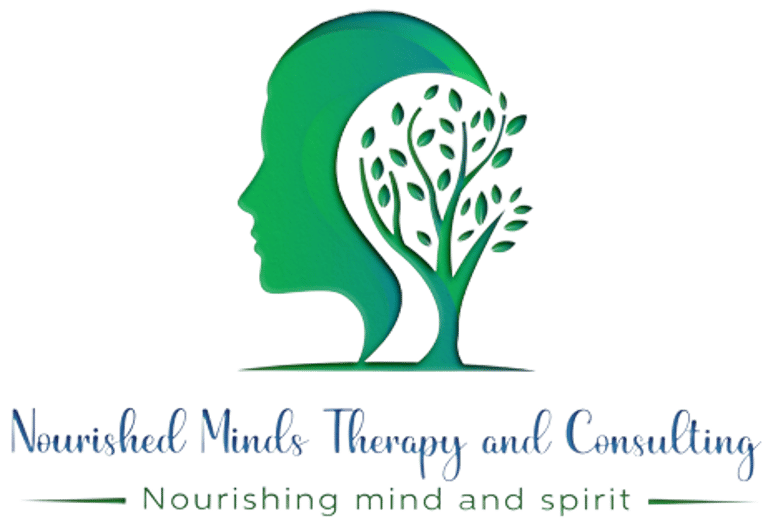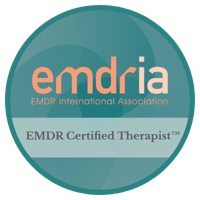Dialectical Behavior Therapy


Dialectical Behavior Therapy (DBT) is a comprehensive, evidence-based psychotherapy developed by Dr. Marsha Linehan in the late 1980s. DBT combines principles of cognitive-behavioral therapy (CBT) with mindfulness practices to help clients build skills for managing emotions, relationships, and crises effectively. DBT has been found effective not only for individuals with personality disorders but also for those struggling with mood disorders, substance use disorders, eating disorders, and other conditions characterized by emotional dysregulation. Research suggests that DBT can lead to significant improvements in emotion regulation, interpersonal functioning, and overall quality of life.
Is DBT right for me?
DBT incorporates a blend of cognitive-behavioral techniques with mindfulness practices, making it a comprehensive approach to therapy. If you find you struggle with the following, DBT may be a great approach for you:
Emotion Regulation: DBT helps individuals understand and regulate their emotions better. For example, a client who experiences intense anger outbursts might learn strategies to identify triggers, challenge distorted thoughts, and utilize coping skills like deep breathing or grounding exercises to manage their emotions constructively.
Interpersonal Effectiveness: Many clients struggle with communication and relationship issues. DBT equips them with skills to express their needs assertively, set boundaries, and navigate conflicts constructively. For instance, a client dealing with relationship conflicts may learn how to use "DEAR MAN" (Describe, Express, Assert, Reinforce, Mindful, Appear confident, Negotiate) to communicate effectively.
Distress Tolerance: DBT teaches clients techniques to tolerate distressing situations without resorting to harmful behaviors. This could be particularly beneficial for individuals prone to self-harm or suicidal ideation. For example, a client experiencing overwhelming distress might use distraction techniques like engaging in a hobby or going for a walk to cope with the intensity of their emotions.
Read more about DBT on Psychology Today: https://www.psychologytoday.com/us/therapy-types/dialectical-behavior-therapy
How does DBT differ from Cognitive-Behavioral Therapy (CBT)?
While DBT shares some similarities with CBT, there are key differences that set them apart:
Focus on Acceptance: DBT emphasizes acceptance and validation of emotions, whereas CBT often focuses more on changing negative thought patterns. For example, in DBT, a therapist might validate a client's feelings of sadness while also encouraging them to develop skills to cope with these emotions effectively.
Integration of Mindfulness: DBT incorporates mindfulness practices as a core component, which is less emphasized in traditional CBT. Mindfulness techniques help clients become more aware of their thoughts, emotions, and bodily sensations, fostering greater self-awareness and emotional regulation.
Group Work: DBT often incorporates group work as a common component to enhance therapeutic outcomes and provide additional support to clients. Due to difficulty with emotional regulation, many clients benefit from practicing their social skills and distress tolerance in a supportive group setting. Through structured exercises, role-playing, and group discussions, clients learn practical skills for managing emotions, improving interpersonal relationships, and coping with distressing situations effectively.
**Note: Nourished Minds Therapy and Consulting does not currently offer groups at this time. Your therapist may provide recommendations for support groups on a case-by-case basis.
Target Population: While CBT is widely used for various mental health conditions, DBT was initially developed for individuals with borderline personality disorder (BPD). However, it has since been adapted for other conditions characterized by emotional dysregulation, such as mood disorders, eating disorders, and substance use disorders.
DBT offers a unique and holistic approach to therapy, focusing on building essential skills for emotional regulation, interpersonal effectiveness, and distress tolerance. Its integration of mindfulness and validation sets it apart from many other traditional forms of therapy, making it particularly effective for individuals struggling with complex emotional challenges and relationship difficulties.
**Nourished Minds Therapy and Consulting primarily uses this therapeutic approach in an integrative manner







